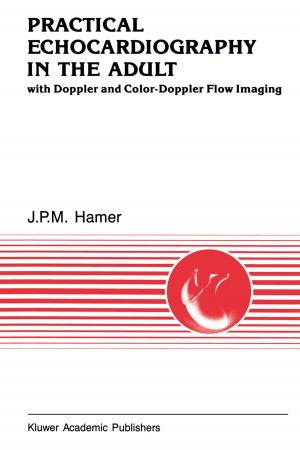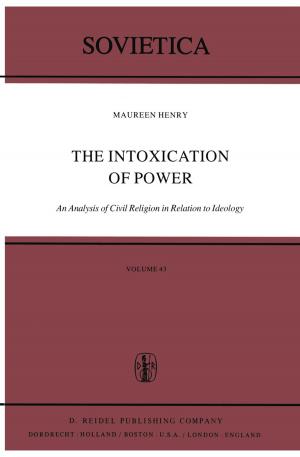Democratic and Capitalist Transitions in Eastern Europe
Lessons for the Social Sciences
Nonfiction, Science & Nature, Science, Earth Sciences, Geography, Social & Cultural Studies, Social Science, Sociology| Author: | ISBN: | 9789401141628 | |
| Publisher: | Springer Netherlands | Publication: | December 6, 2012 |
| Imprint: | Springer | Language: | English |
| Author: | |
| ISBN: | 9789401141628 |
| Publisher: | Springer Netherlands |
| Publication: | December 6, 2012 |
| Imprint: | Springer |
| Language: | English |
here ofexchange, and borrowing in debates between these disciplines, all the more so, as we shall see a little further on, as the analysis of the Central and East European transformations has also contributed to introduce into political science and sociology theoretical systematizations first formulated in economics. In addition to this opening up to the objects and theories of economics, the pseudo-"dilemma" ofsimultaneity produced, by a kind of feedback, another series of effects on transitology and the related research domains. Contrary to most expectations and predictions in the wake ofthe 1989 upheavals - affirmations that the "dilemmas", "problems" or "challenges" of the transitions in Central and Eastern Europe ought to have been dealt with and resolved one after the other in sequence, in the manner of the more or less idealized trajectories of Great Britain or Spain (trajectories significantly enough promoted, far beyond the circles of scholars, as a "model" of transition), and above all, contrary to the assumption that superposing a radical economic transformation upon a transition to democracy would make the whole edifice thoroughly unworkable, unstable or dangerous - it must be stated clearly out that the two processes, in their "simultaneity", are not necessarily incompatible. This is one of the main findings stressed upon in several chapters of this book.
here ofexchange, and borrowing in debates between these disciplines, all the more so, as we shall see a little further on, as the analysis of the Central and East European transformations has also contributed to introduce into political science and sociology theoretical systematizations first formulated in economics. In addition to this opening up to the objects and theories of economics, the pseudo-"dilemma" ofsimultaneity produced, by a kind of feedback, another series of effects on transitology and the related research domains. Contrary to most expectations and predictions in the wake ofthe 1989 upheavals - affirmations that the "dilemmas", "problems" or "challenges" of the transitions in Central and Eastern Europe ought to have been dealt with and resolved one after the other in sequence, in the manner of the more or less idealized trajectories of Great Britain or Spain (trajectories significantly enough promoted, far beyond the circles of scholars, as a "model" of transition), and above all, contrary to the assumption that superposing a radical economic transformation upon a transition to democracy would make the whole edifice thoroughly unworkable, unstable or dangerous - it must be stated clearly out that the two processes, in their "simultaneity", are not necessarily incompatible. This is one of the main findings stressed upon in several chapters of this book.















